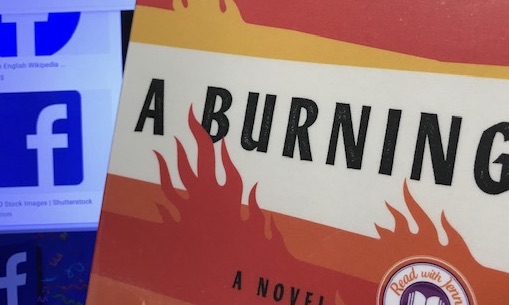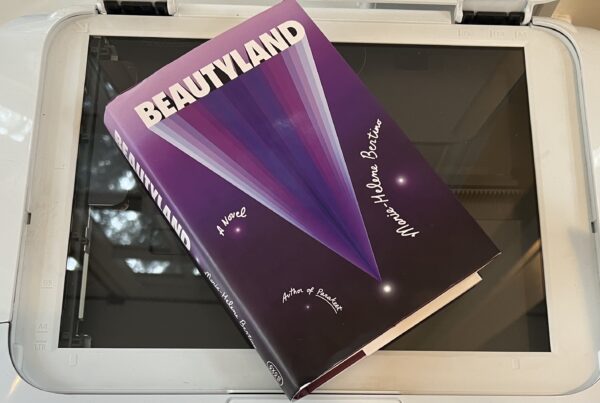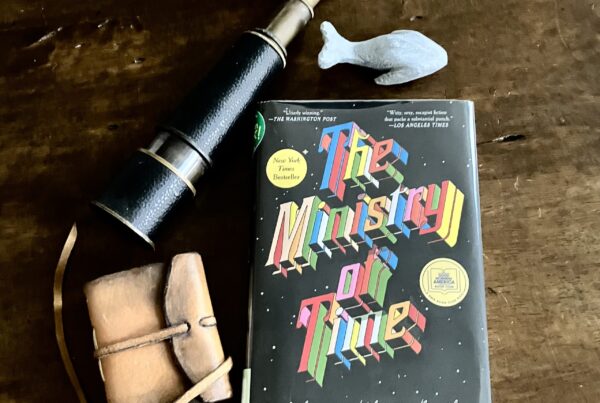The role social media plays in our lives is impactful and ever-changing. I think back to last year’s election and recognize how quickly ideas can spread, with little account for accuracy, fact checking, or consequences when information is posted. I am not on social media, so a lot of my experience with its influences comes second-hand. In Megha Majumdar’s novel A Burning, it is clear that social media can cause significant changes in a person’s life, both negative and positive.
The novel features three main protagonists: Jivan, a young Muslim woman seeking to rise from poverty to the middle class in order to help her parents move out of the Kolabagan Slums in Kolkata, India; Lovely, a hirja (transgender woman) who longs to be an actress in Bollywood; and PT Sir, a physical education teacher at an all-girls school who finds himself rising in a political career into which he has mistakenly tumbled.
The novel begins when Jivan, with her newly-purchased cell phone paid for by her job at a local clothing shop, posts a comment on Facebook. She has witnessed an act of apparent terrorism while at the Kolabagan train station: two men throw what appear to be Molotov cocktails into the train, causing a hundred deaths. Jivan wonders on Facebook, “If the police didn’t help ordinary people like you and me, if the police watched them die, doesn’t that mean, that the government is also a terrorist?” This one question catapults Jivan into a legal and political mess that she finds nearly impossible to escape. She is accused of the crime, imprisoned, given a court-appointed lawyer, and left to build a defense largely on her own. Her main alibi is Lovely, the hijra she has been tutoring in English.
For Lovely to help, she must put her potential movie career in jeopardy, as the community does not believe Jivan’s innocence. Meanwhile, PT Sir, Jivan’s gym teacher when Jivan was a student at his school, recalls Jivan as someone who had great potential. He remembers her poverty and hunger, and that he fed her almost daily from his own lunchbox. But he also remembers, from his perspective, that Jivan did not ever really thank him, and his inflated sense of self-righteousness causes him to see Jivan as a terrorist.
Majumdar is able to deftly spin these characters together in a web that unfolds throughout their separate chapters, so that we see the moral impact of one small line, posted on the internet, not only on Jivan, but also on Lovely and PT Sir, and all the other people complicit in the “crime” of “free expression.” She demonstrates how the power of technology, miscommunication, corruption, and greed can challenge even the most ethical people. In this moving novel, Majumdar leaves us with an understanding of just how much our words can be dangerous, even when we don’t mean them to be, while also reminding us just how important it is to speak them.




